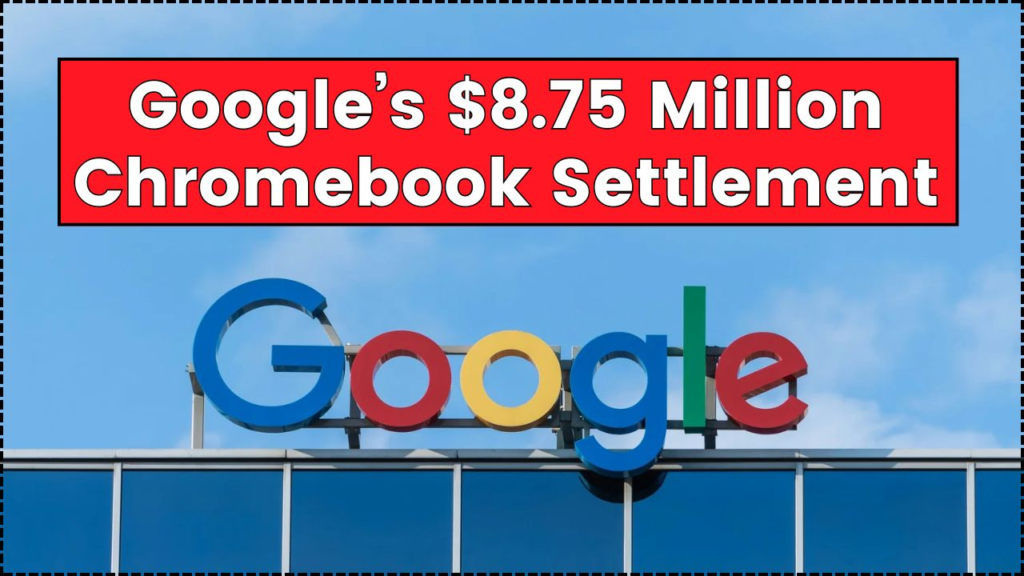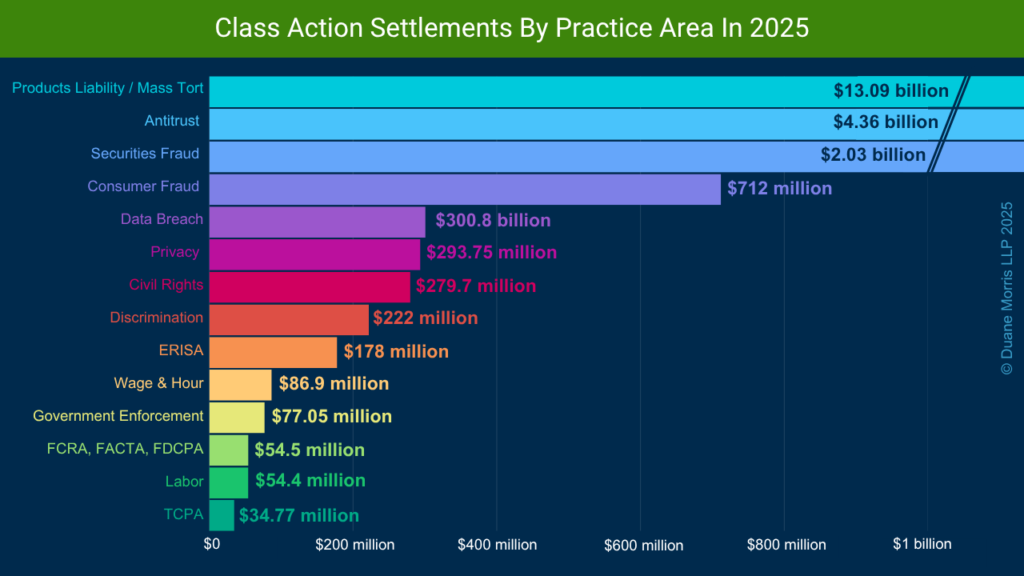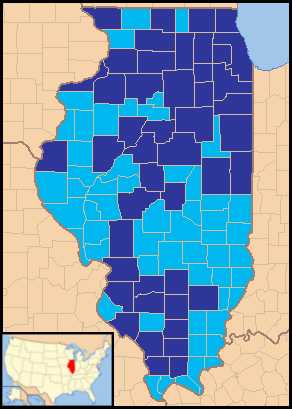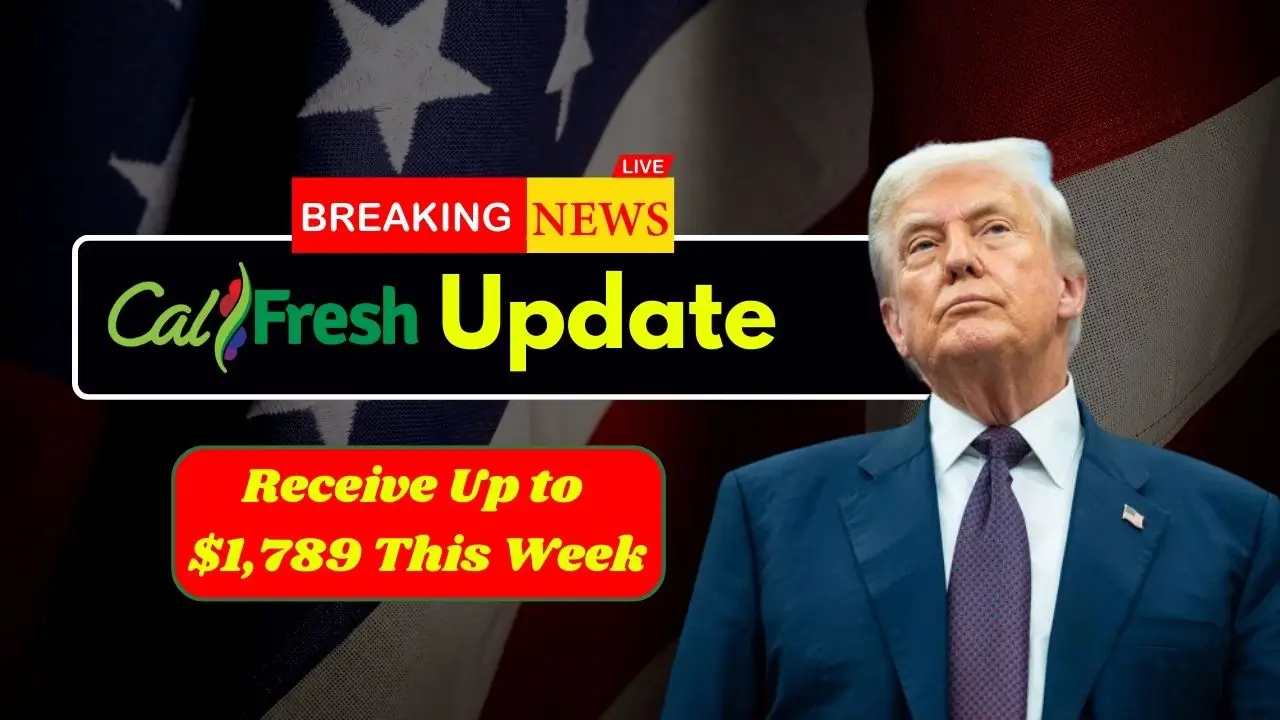
Google has agreed to pay $8.75 million to settle a class-action lawsuit alleging that its Chromebook education tools violated the privacy rights of Illinois students. The Google Chromebook settlement resolves claims that the company collected and stored students’ biometric data without consent, marking one of the most significant cases to date under Illinois’ Biometric Information Privacy Act (BIPA).
$8.75 Million Chromebook Settlement
| Key Fact | Detail |
|---|---|
| Total Settlement | $8.75 million |
| Eligible Users | Illinois students with Google Workspace for Education accounts (2015–2025) |
| Law Involved | Biometric Information Privacy Act (BIPA) |
| Claim Deadline | October 16, 2025 |
| Estimated Payout | $30 – $100 per person |
| Official Website | ClassAction.org Report |
Although the courtroom chapter has closed, privacy advocates see the case as a turning point for digital education. Illinois once again leads in defining how American law protects the most vulnerable users of technology—its students.
Google Chromebook Settlement: The Core of the Case
Google LLC will pay $8.75 million to end allegations that it collected and stored Illinois students’ biometric data without proper consent. The settlement, approved by a federal court on October 17, 2025, concludes the class-action lawsuit H.K. et al. v. Google LLC.
Plaintiffs claimed that Chromebooks and Google Workspace for Education software used by Illinois schools captured students’ facial geometry and voiceprints through tools like “Face Match” and “Voice Match.” Such practices, they argued, violated the Biometric Information Privacy Act (BIPA), which requires informed consent before gathering biometric identifiers.
Google denied any wrongdoing, saying its education products “were designed with student privacy and security at their core.” Nevertheless, the company agreed to settle “to avoid the burden and expense of continued litigation,” according to court filings.

How Illinois Became a Privacy Testing Ground
Illinois’ BIPA, enacted in 2008, is the nation’s strongest state-level biometric privacy law. It requires organizations to provide clear notice, obtain written consent, and specify retention policies before collecting biometric data such as fingerprints, facial recognition, or voice models.
The law’s private right of action—allowing individuals to sue directly—has made Illinois a hub for privacy litigation. Over the past five years, companies including Facebook ($650 million), Snapchat ($35 million), and Clearview AI ($20 million) have faced major settlements under BIPA.
“BIPA fundamentally shifted how technology companies treat biometric data,” said Dr. Anya Sharma, a senior fellow at the Center for Digital Ethics at Northwestern University. “It signaled that privacy violations can carry real financial consequences, even for global corporations.”
The Allegations Against Google
According to the complaint, Google allegedly created and stored voice and face models of Illinois students who used school-managed Google accounts between March 26, 2015, and May 15, 2025.
Plaintiffs argued that even though Google did not sell or misuse the data, the mere act of collecting biometric identifiers without written consent violated BIPA. They also alleged that Google failed to provide a publicly available policy outlining data retention or deletion practices.
“These are minor children,” said Lisa Bennett, one of the plaintiffs’ attorneys. “Parents were never informed that facial or voice recognition data could be captured through educational software.”
Google’s Response and Denial of Wrongdoing
A Google spokesperson, José Castañeda, said in a statement that the company “strongly disagrees with the claims.” He emphasized that Google’s education products comply with both BIPA and the Family Educational Rights and Privacy Act (FERPA), a federal law governing student records.
“Google Workspace for Education tools are built to protect student data,” the statement read. “We do not use personal information from students in primary or secondary schools for advertising purposes.”
Still, the court found the claims sufficiently plausible to proceed, leading to a negotiated resolution rather than a trial.
Who Can Claim a Payout and How Much?
Eligible participants include:
- Illinois students who attended schools using Google Workspace for Education between 2015 and 2025.
- Parents or guardians of minors who used those accounts.
- Users for whom Google created a “voice model” or “face model,” or whose accounts enabled “Voice Match” or “Face Match.”
Each valid claim will receive a pro-rata share of the $8.75 million fund, after legal and administrative deductions. Estimates suggest $30 to $100 per person, depending on the number of approved claims.

Voices from the Classroom and the Community
Teachers and parents across Illinois have reacted with a mix of relief and unease. Karen Lopez, a Chicago Public Schools parent, said she appreciated the settlement but worried about lasting effects. “I’m glad there’s accountability,” she said. “But no one can say for sure whether that data was ever deleted.”
Some educators expressed frustration that districts are often caught between technological necessity and legal uncertainty. “Schools rely on these digital tools every day,” said Mark Ellison, an IT director for a suburban district. “We need clear national guidelines, not just lawsuits after the fact.”
Legal Experts Weigh In on Implications
Legal scholars view the case as another sign that privacy enforcement is shifting from traditional data breaches to proactive consent violations.
“This lawsuit didn’t claim the data was hacked or sold,” explained Professor Daniel R. Hollander of the University of Illinois College of Law. “It claimed that Google failed to follow Illinois’ very specific consent procedures. That’s an important distinction—it means companies can face liability even if users never suffer direct harm.”
According to Hollander, the settlement could encourage other states to pass similar biometric privacy laws. Several—including California, Texas, and Washington—already have versions in place, though none provide the same right to sue as Illinois’ statute.
The Broader Policy Landscape
The Google Chromebook settlement has reignited debate over the need for a federal privacy framework. Lawmakers and advocacy groups argue that the patchwork of state laws leaves parents and schools uncertain about their rights and responsibilities.
In Washington, several members of Congress have proposed bipartisan legislation modeled partly on Illinois’ BIPA. If adopted, such a law could impose nationwide standards for biometric consent and transparency.
Internationally, the case also resonates with the European Union’s General Data Protection Regulation (GDPR), which restricts data collection from minors and requires explicit consent for sensitive personal information. Privacy advocates say the Illinois settlement aligns the U.S. closer to those global standards.
The Scale of Education Technology and Data Collection
The dispute also highlights how deeply integrated technology has become in U.S. classrooms. According to the EdTech Evidence Exchange, more than 90 percent of public schools used digital learning tools daily by 2024, many through Google’s platforms.
Such systems collect data to enable voice commands, login security, and classroom management. While these features enhance learning, they also raise questions about how student information is stored, shared, and deleted over time.
“Schools often sign contracts without fully understanding the long-term data obligations,” said Michael Reed, policy analyst at the Privacy and Technology Project. “This case is a reminder that protecting children’s information must be a shared responsibility among schools, parents, and vendors.”
What Parents Should Do Now
Parents who filed claims before the October 16, 2025 deadline can track distribution updates through the official settlement website. Payments will be issued once the settlement administrator completes claim verification and court-approved disbursements.
Experts also recommend that parents:
- Review their child’s school privacy notices annually.
- Ask schools whether biometric features are active on issued devices.
- Opt out of optional data-collection features when possible.
- Advocate for transparency regarding third-party vendors.
For those who missed the filing deadline, the case still serves as an educational example of why awareness of digital rights is essential in an increasingly connected learning environment.
Looking Ahead: Technology and Accountability
The Google Chromebook settlement adds momentum to a broader national shift toward ethical data governance in education. As artificial intelligence becomes more common in classrooms—from adaptive learning systems to automated attendance tracking—policymakers face pressure to balance innovation with privacy.
“The lesson here is simple,” Hollander said. “Consent and transparency are not optional—they are legal and moral obligations.”
For Illinois families, the $8.75 million payout may be modest, but its legacy could be far-reaching: a new expectation that digital learning tools must protect, not exploit, the trust of students and parents alike.
FAQ
Who qualifies for the Google Chromebook settlement?
Any Illinois student—or their parent or guardian—who used a Google Workspace for Education account between March 2015 and May 2025, where voice or facial recognition features were enabled.
How much will claimants receive?
Between $30 and $100, depending on the total number of valid claims.
Did Google admit fault?
No. Google denies wrongdoing and maintains compliance with all applicable privacy laws.
What law governs the case?
The Biometric Information Privacy Act (BIPA), an Illinois law regulating the collection and use of biometric identifiers.






